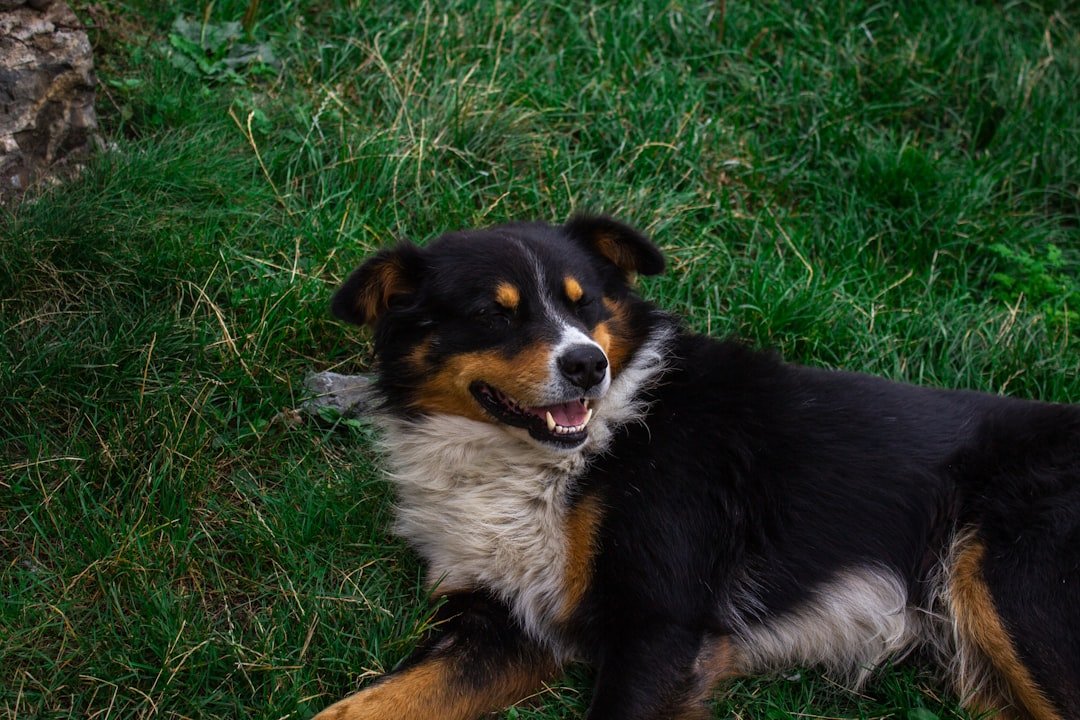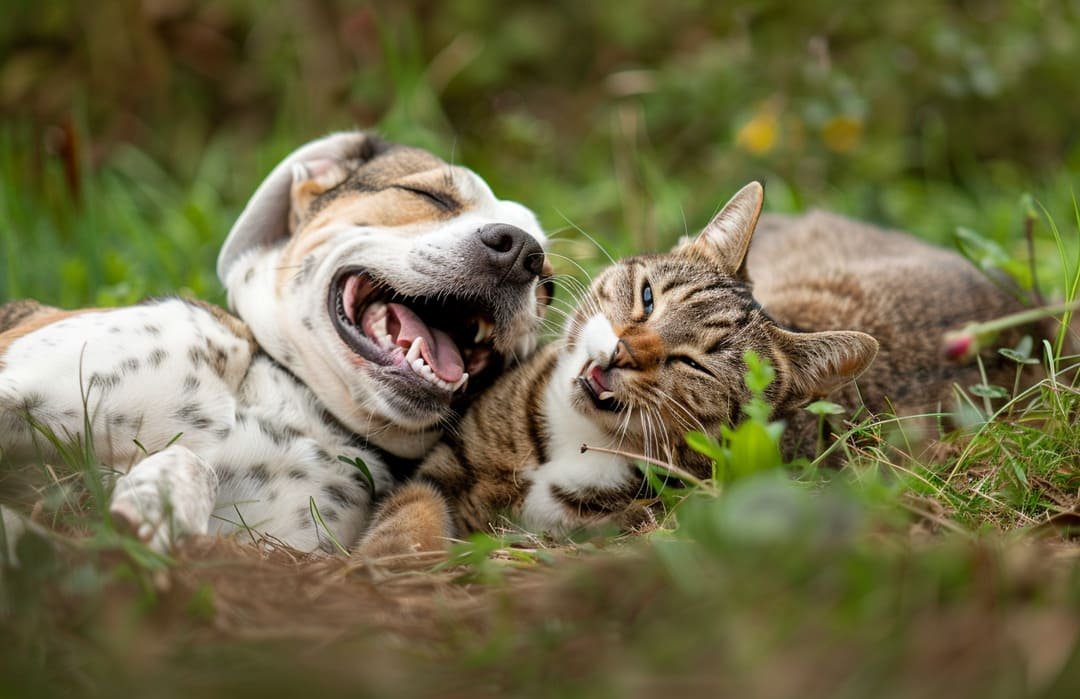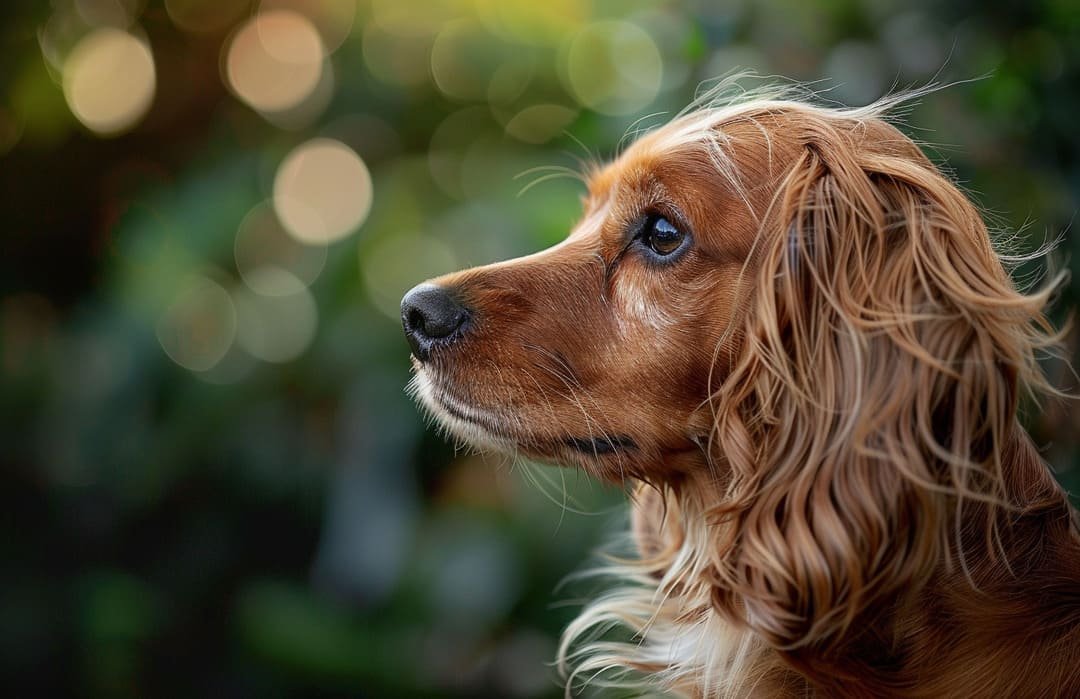Introduction:
Did you know that dog mucus on poop can be a clear indicator of underlying digestive issues that may require a strategic diet adjustment to address effectively? Understanding the significance of dietary changes in managing this common canine concern is key to promoting your furry friend's digestive health and overall wellness. Join us as we delve into the essential guide for dog mucus on poop diet adjustment, exploring actionable steps to ensure a healthier and happier life for your beloved pet.
Understanding Dog Mucus on Poop:
When dog owners notice mucus on their pet's stool, it can be a concerning sight. Understanding the reasons behind dog mucus on poop is crucial in addressing the issue effectively.
What Causes Dog Mucus on Poop?
-
Digestive Imbalance: An upset stomach or digestive imbalance can lead to mucus in a dog's stool.
-
Food Sensitivities: Certain ingredients in your dog's diet may trigger a mucus response.
-
Infections: Infections in the gastrointestinal tract can manifest as mucus in the stool.
Signs and Symptoms to Look Out For
-
Presence of slimy coating on the stool
-
Changes in stool consistency or color
-
Straining during bowel movements
Why Diet Adjustment is Essential
Proper nutrition plays a significant role in a dog's digestive health. Diet adjustment can help address the root cause of mucus in your dog's stool and promote overall well-being.
By understanding these key aspects, pet owners can take the necessary steps to manage dog mucus on poop through diet adjustment effectively.
Importance of Diet in Managing Dog Mucus on Poop:
Proper nutrition plays a crucial role in addressing digestive issues, including dog mucus on poop. Understanding the importance of diet adjustment can significantly impact your furry friend's digestive health.
The Role of Diet in Digestive Health
-
Balanced Nutrition: A nutritious diet helps maintain a healthy digestive system and supports overall well-being.
-
Digestibility: Easily digestible food reduces the strain on the digestive tract, minimizing the chances of mucus production.
-
Nutrient Absorption: Proper nutrient absorption from the diet supports optimal gut function and reduces digestive disturbances.
Common Dietary Triggers for Mucus in Dog Poop
-
Grains: Some dogs are sensitive to grains, leading to digestive issues like mucus in the stool.
-
Artificial Additives: Ingredients like artificial flavors and colors can trigger gastrointestinal reactions.
-
High-Fat Foods: Excessive fat intake can cause digestive upset and mucus production in stool.
How Diet Adjustment Can Improve Digestive Issues
By making strategic changes to your dog's diet, you can address the underlying causes of mucus in their stool. Implementing a tailored diet adjustment plan can enhance digestive health and promote better overall digestion.
External Link: Dog Food Advisor – A trusted resource for dog food reviews and nutritional information to aid in selecting the right diet for your pet's digestive needs.
Creating a Diet Adjustment Plan:
To effectively address dog mucus on poop, creating a precise diet adjustment plan is essential. This plan should be tailored to your pet's specific needs and focused on improving their digestive health.
Consultation with a Vet: The First Step
-
Professional Guidance: A veterinarian can provide valuable insights into your dog's dietary requirements and address any underlying health issues.
-
Diagnostic Tests: Diagnostic tests may be recommended to identify potential food sensitivities or allergies contributing to mucus in the stool.
-
Personalized Recommendations: Vets can offer personalized diet recommendations based on your dog's age, breed, and health status.
Identifying Food Sensitivities and Allergies
-
Elimination Diet: An elimination diet can help pinpoint specific ingredients that trigger digestive issues and mucus production in stool.
-
Food Diary: Keeping a food diary can track your dog's dietary intake and correlate it with any changes in stool consistency.
-
Allergy Testing: In cases of suspected allergies, allergy testing can provide insights into specific allergens affecting your dog.
Recommended Dietary Changes to Address Mucus in Dog Poop
-
Switching to Hypoallergenic Diets: Hypoallergenic diets can be beneficial for dogs with food sensitivities or allergies.
-
Natural Ingredients: Opting for natural, wholesome ingredients can support digestive health and reduce the likelihood of mucus in the stool.
-
Probiotics and Digestive Supplements: Supplements like probiotics can help balance gut flora and improve digestion in dogs experiencing mucus on their stool.
By following a structured diet adjustment plan with professional guidance, pet owners can effectively manage dog mucus on poop and promote a healthier digestive system for their canine companion.
Implementing the Diet Adjustment Plan:
When it comes to implementing a diet adjustment plan to address dog mucus on poop, pet owners must carefully follow the recommended steps to achieve optimal results in managing digestive issues.
Gradual Transition vs. Immediate Changes
-
Gradual Transition: Slowly transitioning your dog to a new diet can help prevent gastrointestinal upset and allow for better acceptance of the new food.
-
Observation Period: Monitor your dog's stool during the transition phase to assess any changes in mucus production or digestive patterns.
-
Patience: Results may not be immediate; patience is key when implementing dietary changes for long-term digestive health.
Monitoring and Tracking Progress
-
Stool Examination: Regularly inspecting your dog's stool for consistency, color, and the presence of mucus can provide valuable insights into the effectiveness of the diet adjustment.
-
Symptom Tracking: Keep a record of any digestive symptoms or improvements observed after implementing the dietary changes.
-
Consultation with Vet: If concerns persist or new symptoms arise, consult your veterinarian for further guidance and adjustments to the diet plan.
Potential Roadblocks and How to Overcome Them
-
Food Preferences: Some dogs may be picky eaters or resistant to dietary changes. Gradual introduction and positive reinforcement can help overcome food aversions.
-
Unforeseen Allergies: In cases of unexpected allergic reactions or intolerance to certain ingredients, immediate removal and substitution may be necessary.
-
Consistency: Maintaining consistency in your dog's diet and feeding schedule is crucial for effective management of digestive issues and mucus production.
By understanding the nuances of implementing a diet adjustment plan and staying vigilant in monitoring your dog's response, pet owners can navigate potential challenges and work towards improving their pet's digestive health successfully.
Additional Tips for Managing Dog Mucus on Poop through Diet:
Taking a holistic approach to your dog's diet and lifestyle can further enhance the effectiveness of managing mucus in their stool. Here are some additional tips to consider for promoting optimal digestive health in your furry companion.
Hydration and Its Role in Digestive Health
-
Water Intake: Ensure your dog has access to clean, fresh water at all times to support proper digestion and prevent dehydration.
-
Moisture-Rich Foods: Incorporate moist or wet dog food to increase hydration levels and aid in smoother digestion.
-
Hydration Monitoring: Monitor your dog's water intake and adjust as needed, especially during hot weather or increased physical activity.
Importance of Regular Exercise
-
Physical Activity: Engage your dog in regular exercise routines to promote healthy digestion and overall well-being.
-
Stimulation: Physical activity stimulates the gut and helps regulate bowel movements, reducing the likelihood of digestive issues like mucus in the stool.
-
Interactive Play: Incorporate interactive play sessions to keep your dog active and mentally stimulated, benefiting both physical and digestive health.
Seeking Professional Guidance for Long-Term Dietary Management
-
Routine Check-ups: Schedule regular veterinary check-ups to assess your dog's overall health and discuss any ongoing dietary concerns.
-
Nutritional Consultation: Consider consulting with a pet nutritionist or diet specialist for tailored dietary recommendations based on your dog's specific needs.
-
Education and Awareness: Stay informed about the latest dietary trends and advancements in pet nutrition to make informed decisions regarding your dog's diet adjustments.
By incorporating these additional tips into your approach to managing dog mucus on poop through diet, you can create a comprehensive plan that addresses various aspects of your dog's well-being and fosters a healthy digestive system.
Conclusion:
In conclusion, addressing dog mucus on poop through diet adjustment is a proactive step towards enhancing your furry friend's digestive health and overall well-being. By understanding the intricate relationship between diet and digestive issues, pet owners can play a vital role in managing and preventing mucus in their dog's stool.
Recap of Key Points for Diet Adjustment
-
Importance of Balanced Nutrition: Providing a well-balanced diet tailored to your dog's needs is essential for supporting digestive health and reducing mucus production in stool.
-
Gradual Implementation: Slowly introducing dietary changes and monitoring your dog's response can help identify triggers and ensure a smooth transition.
-
Regular Monitoring: Consistent observation of your dog's stool, symptoms, and behavior is key to assessing the effectiveness of the diet adjustment plan.
Encouragement for Pet Owners to Prioritize Digestive Health
Prioritizing your dog's digestive health is a proactive approach that can lead to long-term benefits and improved quality of life for your beloved pet. Investing time and effort into understanding their dietary requirements and addressing digestive issues promptly can contribute to a happier and healthier canine companion.
Empowering Pet Owners to Make Informed Decisions for Their Dog's Well-Being
By staying informed, seeking professional guidance when needed, and actively engaging in your dog's dietary management, you empower yourself to make informed decisions that positively impact your dog's health and happiness. Remember, you are your pet's advocate and caregiver, and your dedication to their well-being is invaluable.
As you embark on the journey of managing dog mucus on poop through diet adjustment, remember that patience, dedication, and a holistic approach can lead to significant improvements in your dog's digestive health and overall quality of life. Your furry companion deserves the best care, and you have the power to make a positive difference through proactive dietary adjustments and a commitment to their well-being.
FAQs:
What are the common dietary triggers for dog mucus on poop?
Common dietary triggers for dog mucus on poop include grains, artificial additives, and high-fat foods. Identifying and eliminating these triggers can help alleviate digestive issues in your pet.
How can I create a diet adjustment plan for my dog?
To create a diet adjustment plan, consult with a veterinarian for personalized recommendations based on your dog's specific needs. Consider factors like food sensitivities, allergies, and overall digestive health.
Is hydration important in managing dog mucus on poop?
Yes, adequate hydration is crucial for maintaining optimal digestive health in dogs. Ensure your pet has access to clean, fresh water at all times to support digestion and prevent dehydration.
Should I incorporate probiotics in my dog's diet adjustment plan?
Probiotics can be beneficial in balancing gut flora and improving digestion in dogs experiencing mucus on their stool. Consult with your vet to determine if probiotics are suitable for your pet.
How can regular exercise help in managing dog mucus on poop?
Regular exercise promotes healthy digestion by stimulating the gut and regulating bowel movements. Engage your dog in physical activities to support their digestive health and overall well-being.


